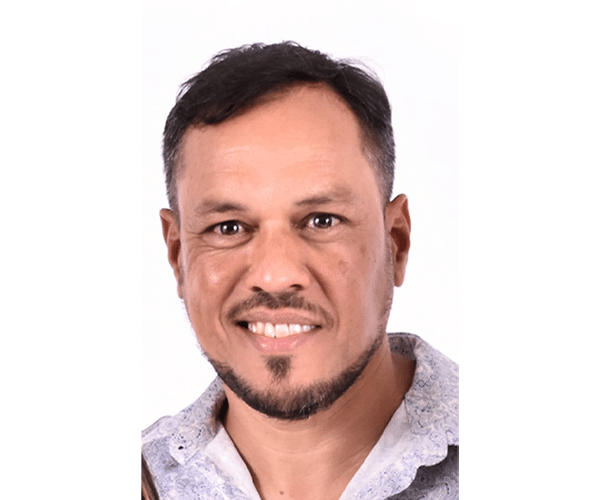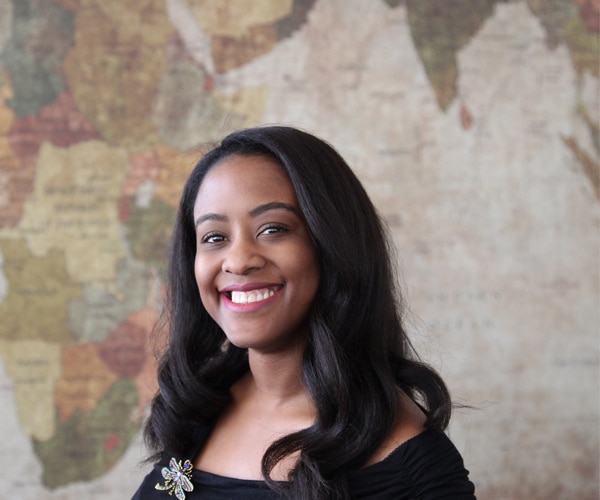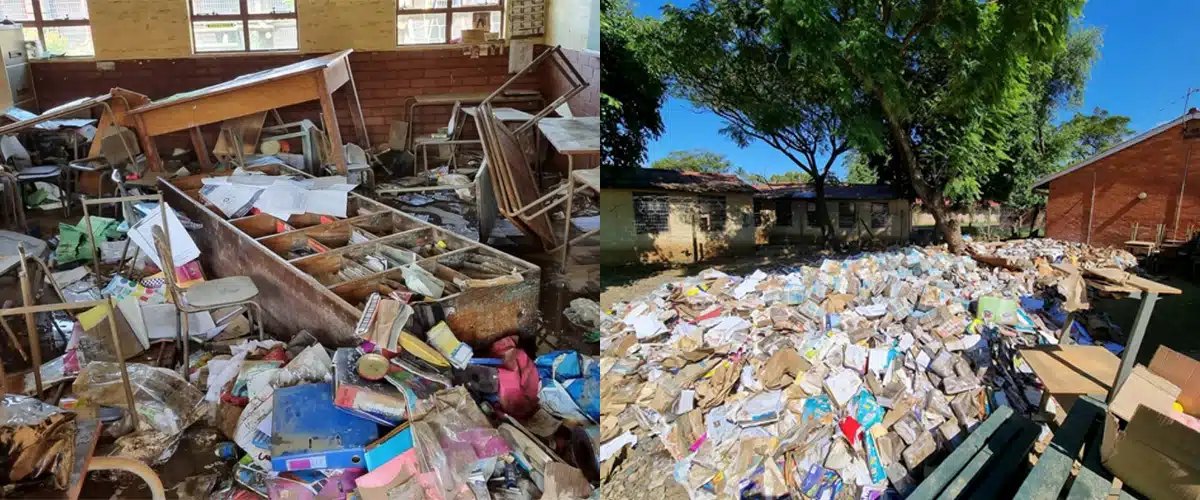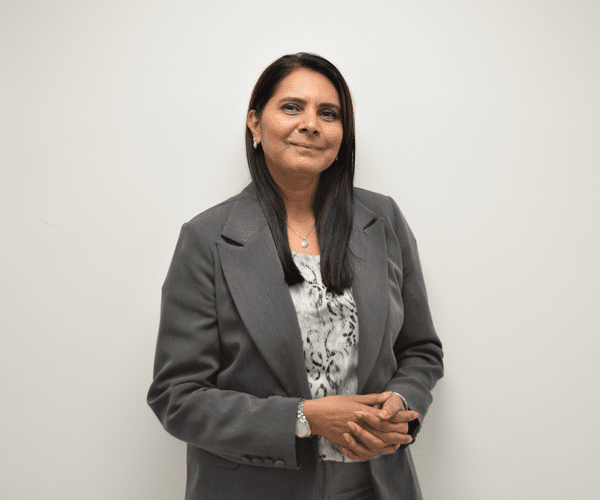Overcoming the challenges of growing up in a dysfunctional family and achieving academic success
Dysfunctional families, overcrowded classrooms, learning disabilities, inexperienced teachers, varied levels of parental involvement, poverty and HIV/Aids are among the factors that contribute to poor academic achievement in school. Home environment is one of the most influential factors affecting academic achievement.

There are various factors that may have a bearing on a child’s ability to learn and perform academically.
Dysfunctional families, overcrowded classrooms, learning disabilities, inexperienced teachers, varied levels of parental involvement, poverty and HIV/Aids are among the factors that contribute to poor academic achievement in school. Home environment is one of the most influential factors affecting academic achievement.
Children who hail from loving and supportive homes prove to become more successful in their academic endeavours. Those with enriching and stimulating home environments, fostered with love, encouragement, emotional support, and opportunities for learning, tend to develop greater levels of confidence and persistence.
Then there are the children that face the challenge of a dysfunctional family in which conflict, substance abuse, single-parenting, sexual violence, lack of resources, and often child neglect on the part of parents, occur continuously. These children may very well if determined, motivated and supported overcome these challenges and achieve success.
These victimised children of school-going age who grow up in dysfunctional homes are more likely to become withdrawn and socially isolated. They are at risk of developing depression, low self-esteem and anxiety.
Children who experience the negative impact of a dysfunctional family can be supported to overcome these challenges and achieve academic success with the necessary motivation and support.
The victimised child in a dysfunctional family must be motivated to reach its full potential academically; lack of motivation to achieve will result in these students doing the bare minimum amount of work. This motivation can stem from the teachers, parents and an internal desire to achieve.
Parental involvement is a strong indicator of how well children will perform academically.
Schools today can assist victimised children by promoting parental involvement. Parental involvement at home can include activities such as discussions about school, helping with homework, and reading with children.
Some may view single-parent families as a degree of dysfunction as opposed to dual-parent homes. Single parent families may result from parents not marrying, divorce or death of a parent. Single parent households continue to rise and are becoming more common in society. This may lead to lack of parental involvement and a challenging home environment and these children in single-parent households may score well below children in dual-parent households academically.
In addition, when both parents are deceased because of HIV/AIDS, this has a huge impact on academic performance. The older children take the responsibility to raise and provide for their siblings and this heavy responsibility on a minor has a huge impact on academic performance. These unhealthy parenting patterns are stressful for these children, and schools and teachers can help children make positive adjustments and provide support for these children.
For a good school performance there must be united homes, appropriate family life and good mental and physiological health; this refers to a functional family.
To restore the positive and healthy relationship between parents and children in dysfunctional homes, schools can recommend and organise family counselling. The counselling sessions will help alleviate the stress and anxiety caused by the home instability.
When the victimised children hear testimonies of successful people, and sometimes even celebrities who have been outspoken about their personal experiences with domestic violence, alcoholism and abuse in their families, it serves to reduce the stigma and encourage these children to speak out. It inspires these children to know that their background can become the catalyst for success.
Victimized children growing up in a dysfunctional family are innocent and have absolutely no control over their toxic environment; they grow up with emotional scarring caused by repeated trauma and pain from their parents’ actions, words, and attitudes.
These children with the necessary intervention love and support can overcome the trauma and go on to achieve academic success.
MANCOSA is a private higher education institution that is student-centered and uses an active learning instructional approach to equip students with 21st-century skills. Active learning engages students and develops higher-order thinking skills that are necessary to survive and thrive in a 21st century career. At MANCOSA, all students are supported and motivated to reach their full potential and achieve academic success.
ENDS





